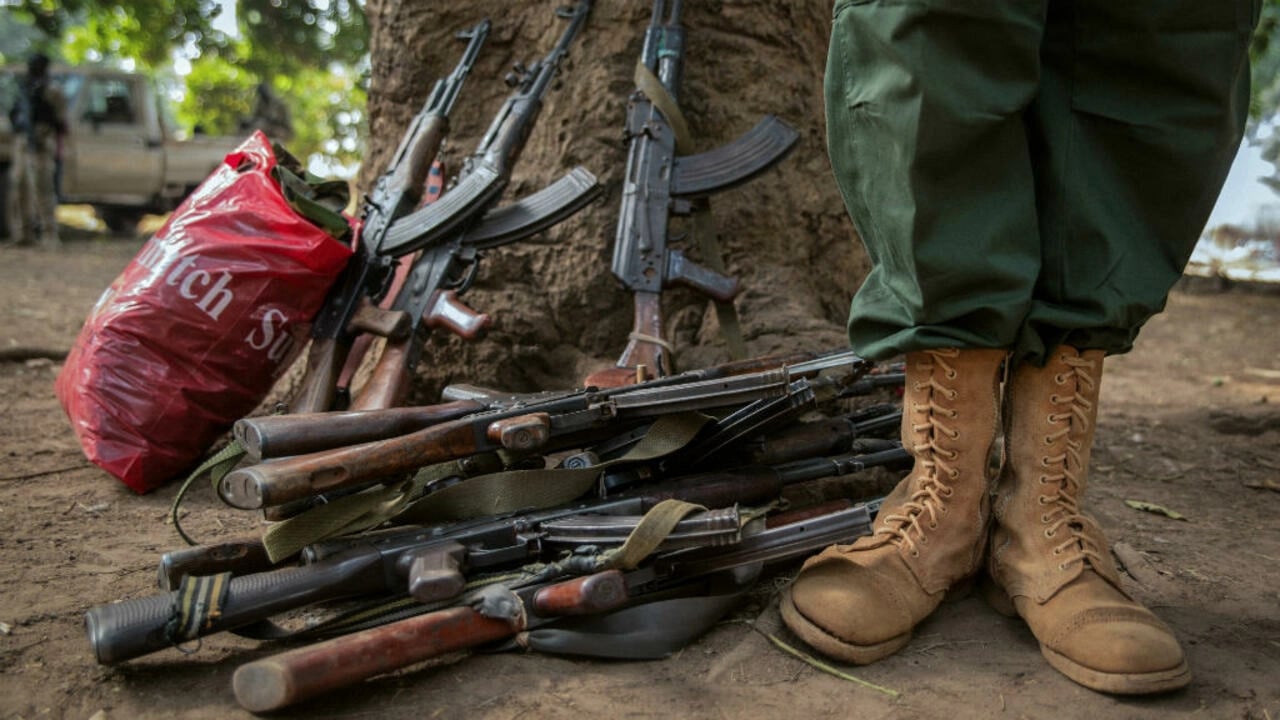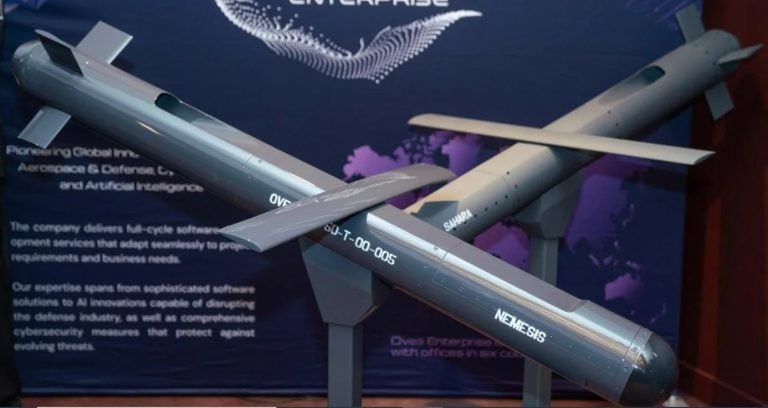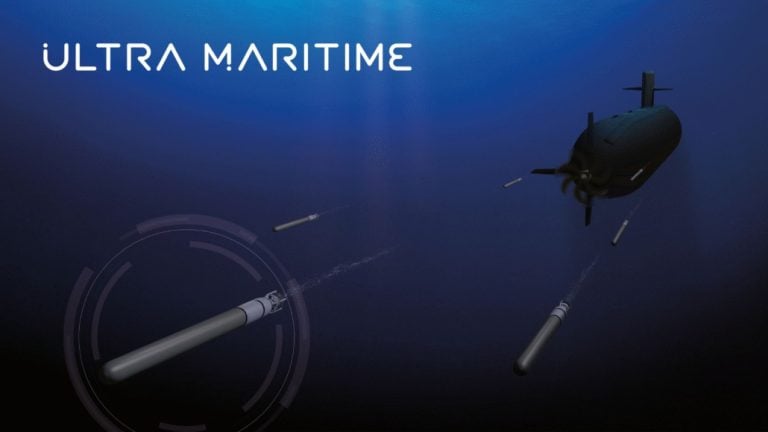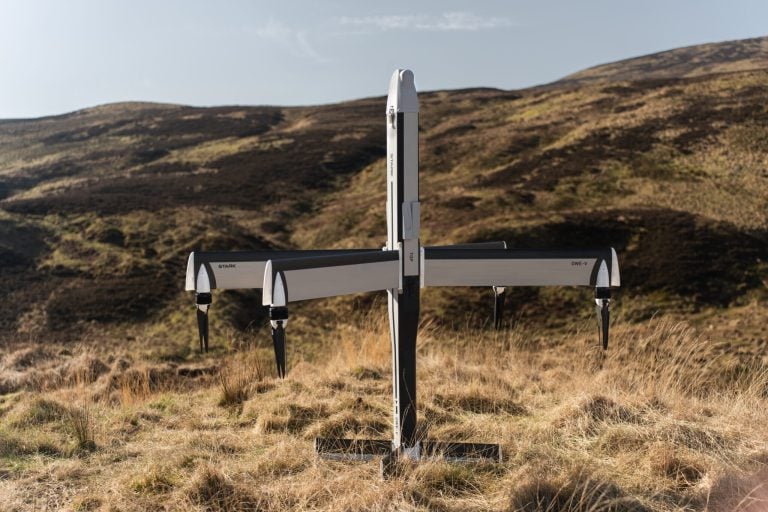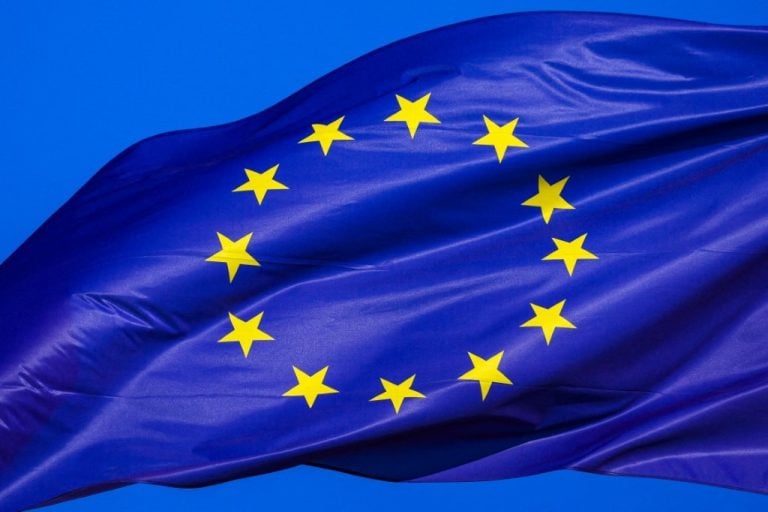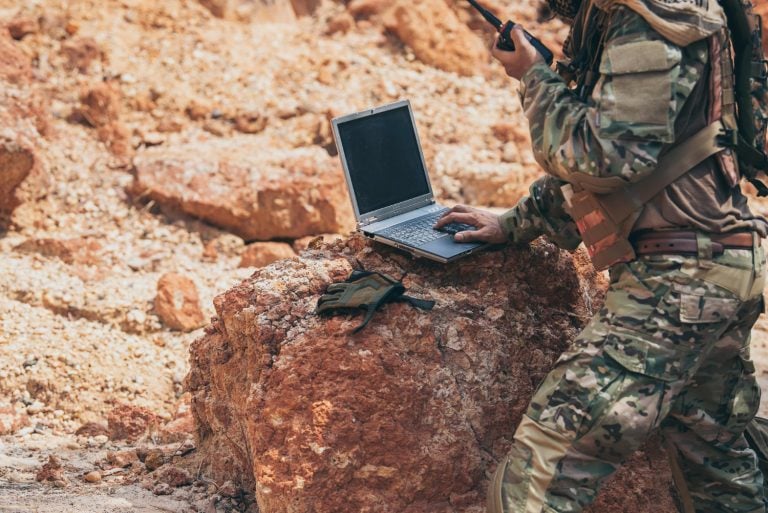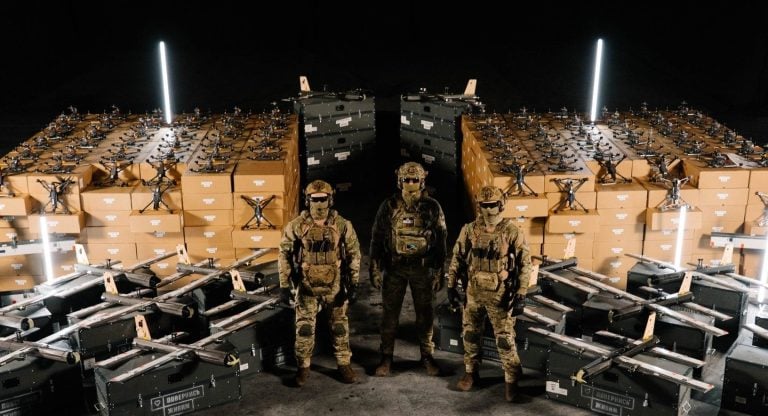Amnesty International has called on the United Nations Security Council to enforce a renewed arms embargo on South Sudan, citing the recent deployment of Ugandan troops as a “clear breach” of existing orders. This appeal highlights the persistent issues of insecurity and political turmoil that have plagued South Sudan, exacerbated by escalating tensions between President Salva Kiir and Vice-President Riek Machar.
In March, fighting in the Upper Nile State raised alarm internationally, prompting the deployment of the Uganda People’s Defence Force (UPDF). The Ugandan parliament justified its military presence by stating it was requested by President Kiir to prevent a potential security crisis. However, Amnesty International has brought attention to verified footage showing troops arriving in the capital, Juba, alongside military vehicles, including armored personnel carriers and tanks, on March 17. This, they assert, contravenes the terms of the arms embargo.
The embargo, which originated from a peace deal in 2018 that concluded a prolonged civil war, is set to lapse on May 31. Although exceptions exist, Amnesty points out that neither the South Sudanese nor Ugandan governments informed the UN Security Council about the troop deployment. Tigere Chagutah, the regional director for East and Southern Africa at Amnesty, emphasized that while the arms embargo is not a perfect solution, the human rights situation would likely deteriorate significantly if it were lifted. He urged the Security Council to maintain and enforce the embargo to safeguard civilian lives.
Adding to the urgency, Amnesty reported that the South Sudan People’s Defence Forces have been using attack helicopters—previously deemed non-operational in 2020—indicating that the embargo on spare parts may have been violated. A recent incident in May where a helicopter gunship attacked a hospital operated by Doctors Without Borders, resulting in seven deaths, further underscores concerns regarding military operations in the region.
As tensions escalate and human rights abuses persist, the call for renewed oversight from the UN Security Council becomes increasingly critical. The situation remains fluid, with the UPDF yet to respond to inquiries regarding the allegations as of this report.
